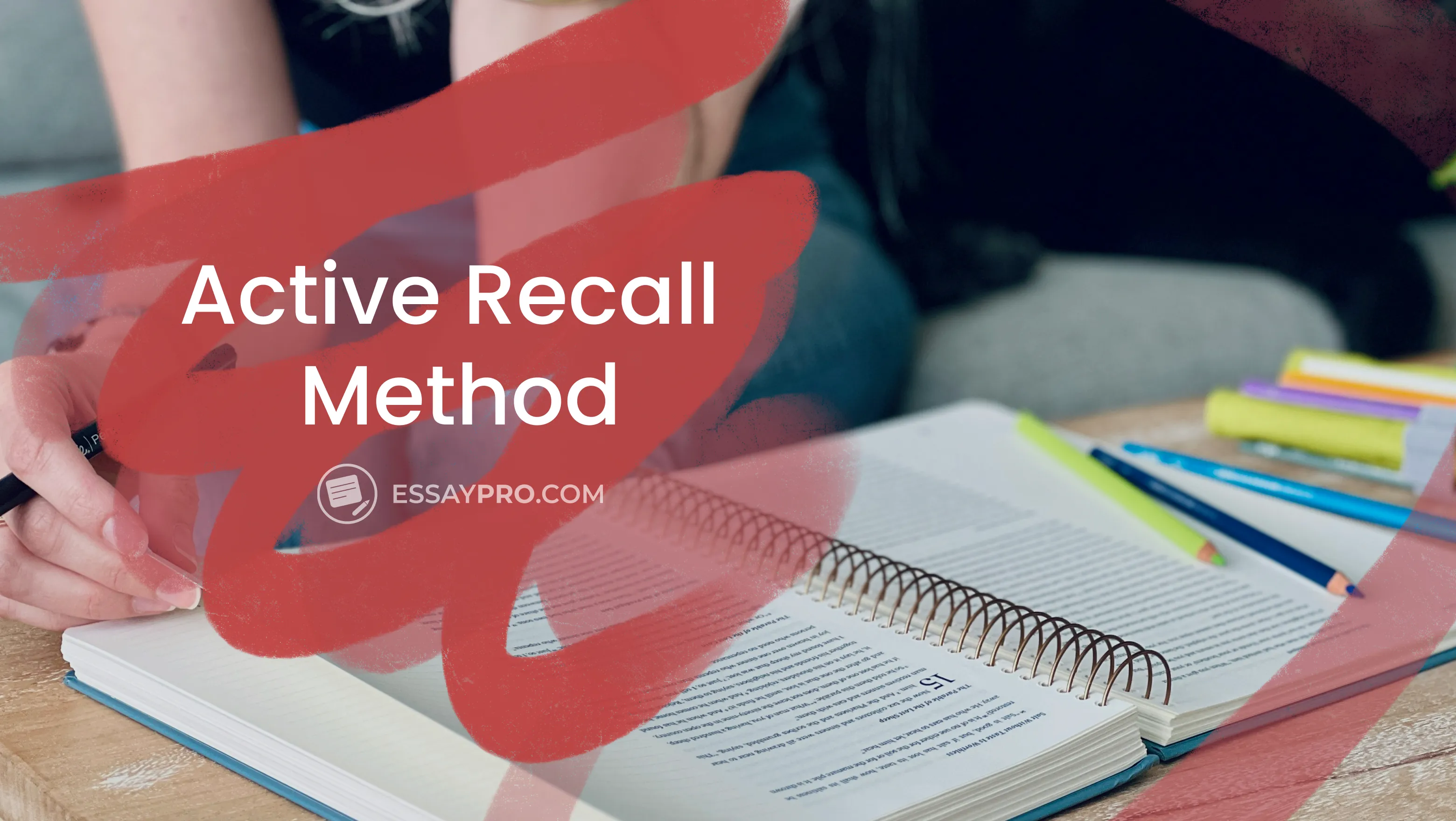
Check Out the Samples Written by Our Experts
View Samples
Check Out the Samples Written by Our Experts
View SamplesLoad more
Load more
Load more




You don't have to worry about pressing deadlines and sleepless nights. Our essay writing service pros love to share valuable tips, making your life much simpler. Some of tips and a lot of other useful information, you can find on our blog. So, enjoy the goldmine of information and ace your academic assignments stress-free.






.webp)





.webp)







